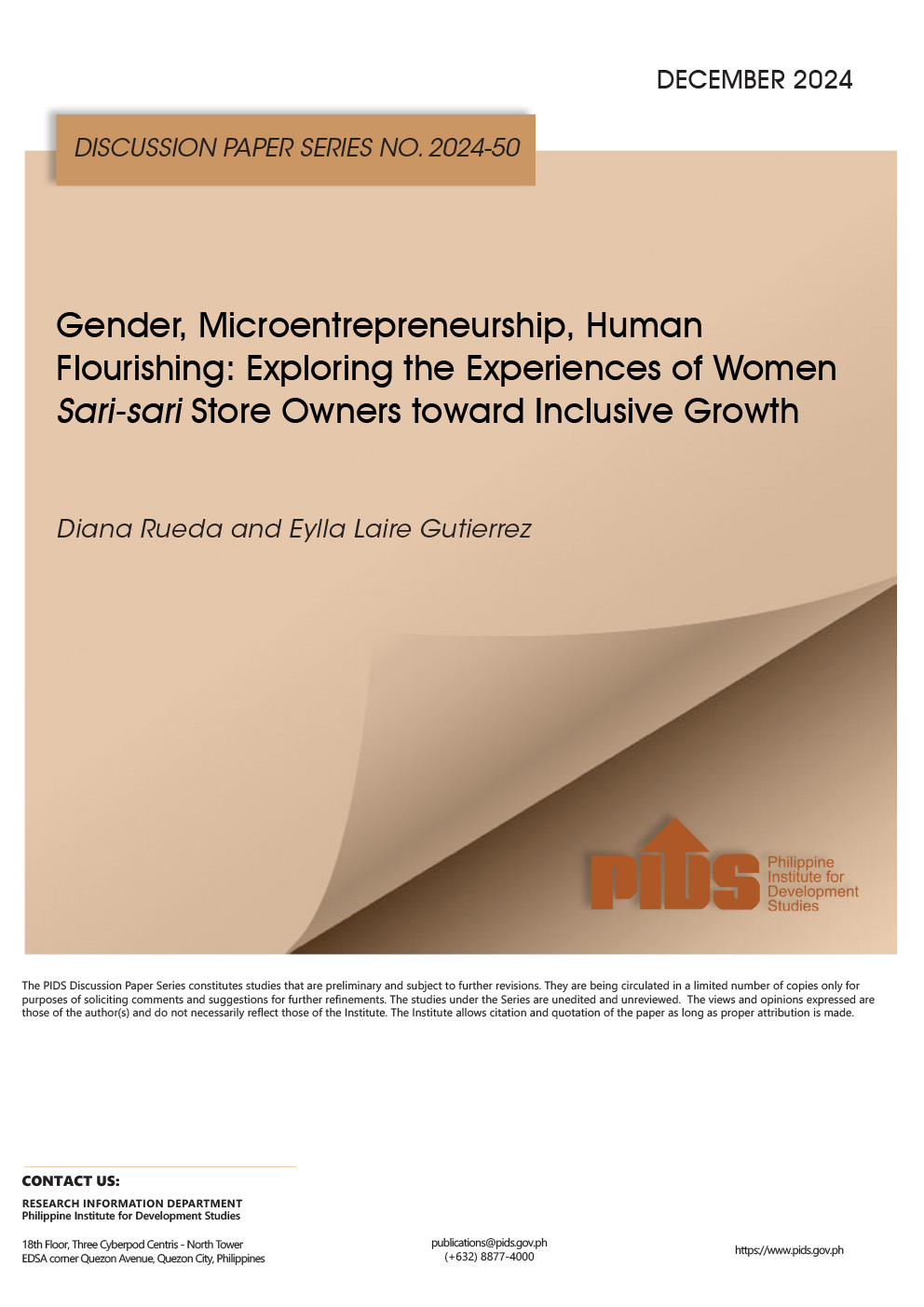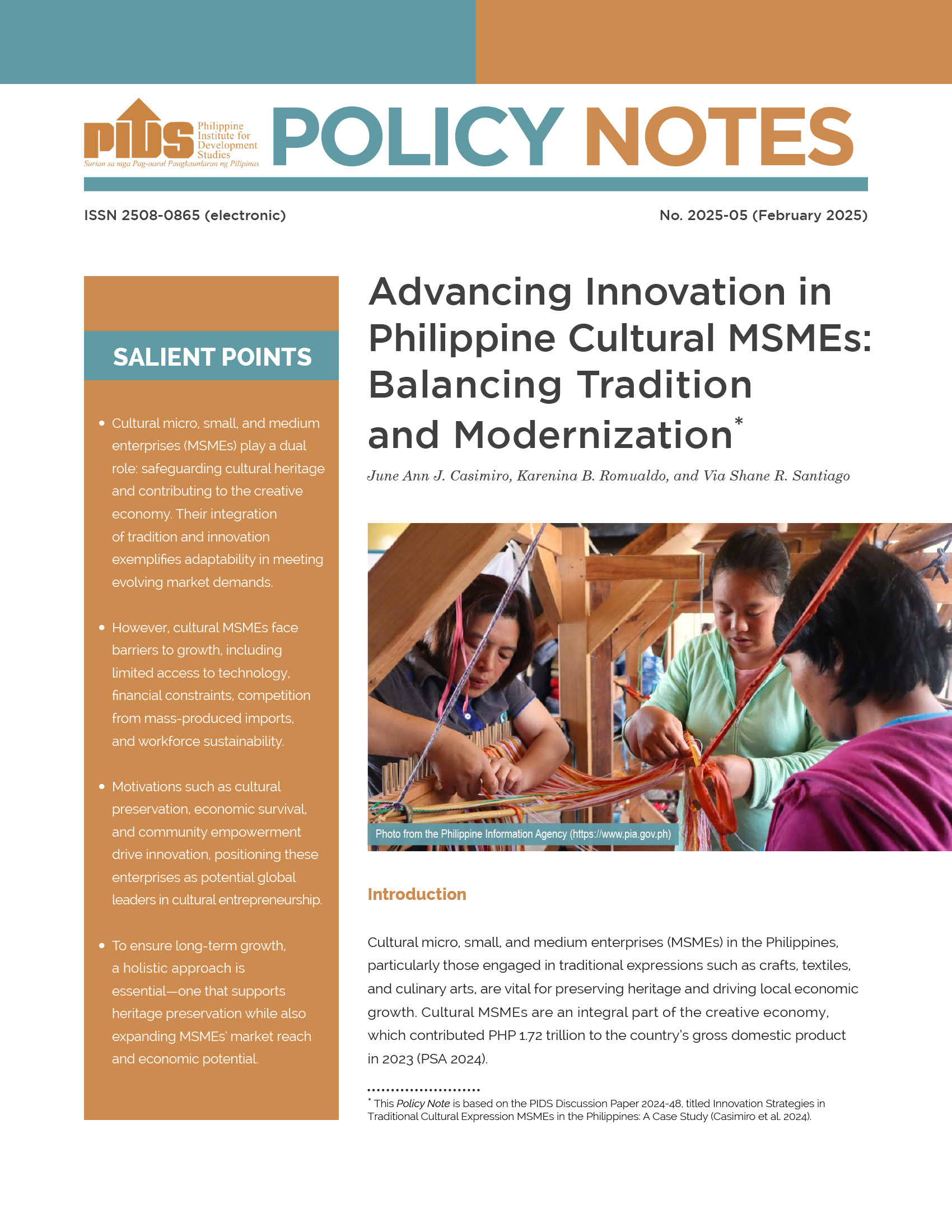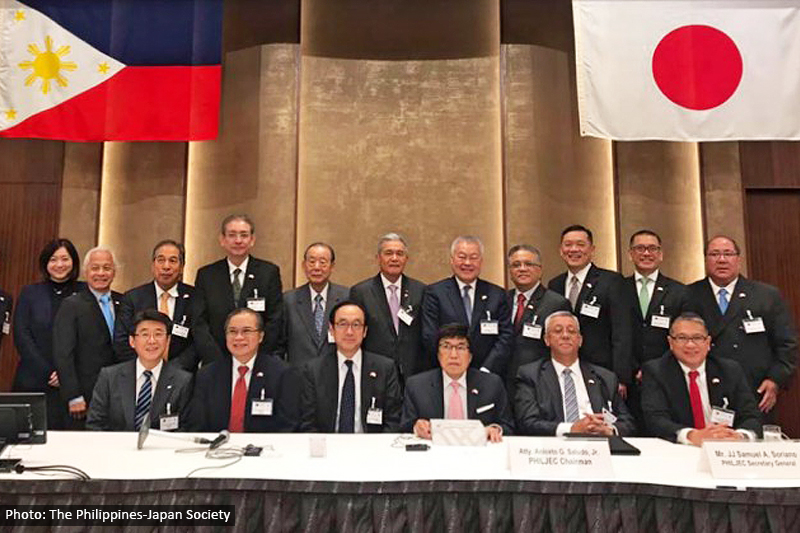MANILA, Philippines — Less than half of companies in the Philippines innovate on the delivery of goods and services, according to a new study by state think tank Philippine Institute for Development Studies (PIDS).
In a discussion paper titled “Measuring and Examining Innovation in Philippine Business and Industry,” PIDS research fellows led by Jose Ramon Albert said innovative activities are limited to process innovation and usually carried by out by large firms to meet customer demand.
The paper contains the results from the PIDS 2015 Survey of Innovation Activities. The survey sampled 1000 establishments nationwide engaged in food manufacturing, other manufacturing activities, information and communication technology, and business process outsourcing.
Responding firms, particularly small and medium sized ones, are prevented from pursuing product and service innovation because of cost pressures and lack of technical assistance from the government and research institutions, the study showed.
“Government needs to have a champion for developing stronger policies and interventions to support and encourage innovation. It is also important to improve information dissemination on public programs available to assist firms in innovating. Networking, linkages, and collaboration among the government, industry associations, and universities and research institutions also require further enhancement,” the paper said.
PIDS said it is important for innovation – especially technological innovation – to be within reach of smaller businesses since it will contribute to the creation of more jobs and promote efficiency in the use of time and resources.
The think tank also attributed the meager amount of innovation among firms to low levels of public expenditure on research and development (R&D), inadequate number of research scientists and engineers in the country, low level of infrastructure for science and technology, as well as fragile intellectual property culture.
“Barriers to innovation in the country include the high cost of equipment and technology for innovation activities as well as the lack of technical human resources. Micro, small and medium enterprises (MSMEs) should especially venture into innovation in order to be more productive and competitive, but they often do not due to the lack of financial capital required for engaging in innovation activities,” the paper said.
Establishing an innovation policy that is embedded in science and technology policy is therefore crucial to encouraging firms to introduce new products, services and processes, it said.
“In the Philippines, STI (science technology and innovation) is merely viewed as providing a supporting role in the quest for economic and social development. Programs on STI have always being related to priority sectors in Philippine development plans, such as agriculture,” PIDS said.
“Innovation policy should eventually become mainstreamed into an overall strategy of continually transforming the country into a knowledge-based economy through concerted action in many different public policy arenas – including basic and higher education, trade and investment, agriculture, services, ICT and finance,” it added.
PIDS urged the government to provide incentives for universities and public research institutes that produce commercially relevant knowledge as well as establish technology transfer offices.
It also proposes the establishment of business incubators in universities to support startups.
Citing the 2016 Global Innovation Index (GII) Report published by Cornell University, PIDS said the Philippines ranked 74th out of 128 economies in an overall measure of the innovation climate. Compared to its ASEAN neighbors, the Philippines ranked behind Singapore (6th), Malaysia (35th), Thailand (52nd) and Vietnam (59th) but is ahead of Indonesia (88th) and Cambodia (95th)
The GII is a composite measure of innovation, composed of various indicators on seven pillars: institutions, human capital and research, infrastructure, market sophistication, business sophistication, knowledge and technology outputs and creative outputs.
In a discussion paper titled “Measuring and Examining Innovation in Philippine Business and Industry,” PIDS research fellows led by Jose Ramon Albert said innovative activities are limited to process innovation and usually carried by out by large firms to meet customer demand.
The paper contains the results from the PIDS 2015 Survey of Innovation Activities. The survey sampled 1000 establishments nationwide engaged in food manufacturing, other manufacturing activities, information and communication technology, and business process outsourcing.
Responding firms, particularly small and medium sized ones, are prevented from pursuing product and service innovation because of cost pressures and lack of technical assistance from the government and research institutions, the study showed.
“Government needs to have a champion for developing stronger policies and interventions to support and encourage innovation. It is also important to improve information dissemination on public programs available to assist firms in innovating. Networking, linkages, and collaboration among the government, industry associations, and universities and research institutions also require further enhancement,” the paper said.
PIDS said it is important for innovation – especially technological innovation – to be within reach of smaller businesses since it will contribute to the creation of more jobs and promote efficiency in the use of time and resources.
The think tank also attributed the meager amount of innovation among firms to low levels of public expenditure on research and development (R&D), inadequate number of research scientists and engineers in the country, low level of infrastructure for science and technology, as well as fragile intellectual property culture.
“Barriers to innovation in the country include the high cost of equipment and technology for innovation activities as well as the lack of technical human resources. Micro, small and medium enterprises (MSMEs) should especially venture into innovation in order to be more productive and competitive, but they often do not due to the lack of financial capital required for engaging in innovation activities,” the paper said.
Establishing an innovation policy that is embedded in science and technology policy is therefore crucial to encouraging firms to introduce new products, services and processes, it said.
“In the Philippines, STI (science technology and innovation) is merely viewed as providing a supporting role in the quest for economic and social development. Programs on STI have always being related to priority sectors in Philippine development plans, such as agriculture,” PIDS said.
“Innovation policy should eventually become mainstreamed into an overall strategy of continually transforming the country into a knowledge-based economy through concerted action in many different public policy arenas – including basic and higher education, trade and investment, agriculture, services, ICT and finance,” it added.
PIDS urged the government to provide incentives for universities and public research institutes that produce commercially relevant knowledge as well as establish technology transfer offices.
It also proposes the establishment of business incubators in universities to support startups.
Citing the 2016 Global Innovation Index (GII) Report published by Cornell University, PIDS said the Philippines ranked 74th out of 128 economies in an overall measure of the innovation climate. Compared to its ASEAN neighbors, the Philippines ranked behind Singapore (6th), Malaysia (35th), Thailand (52nd) and Vietnam (59th) but is ahead of Indonesia (88th) and Cambodia (95th)
The GII is a composite measure of innovation, composed of various indicators on seven pillars: institutions, human capital and research, infrastructure, market sophistication, business sophistication, knowledge and technology outputs and creative outputs.












